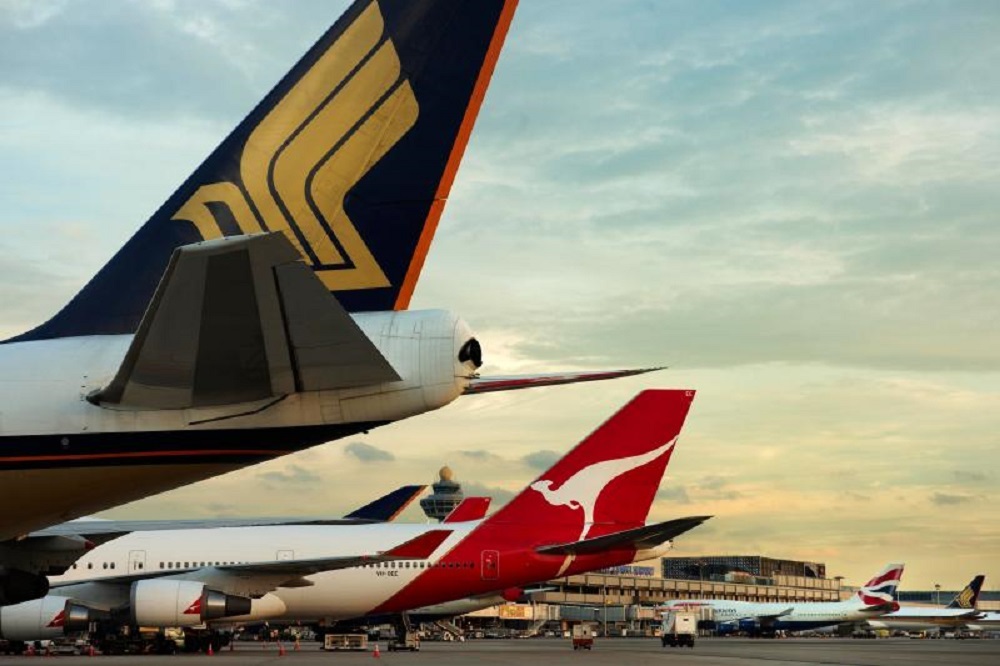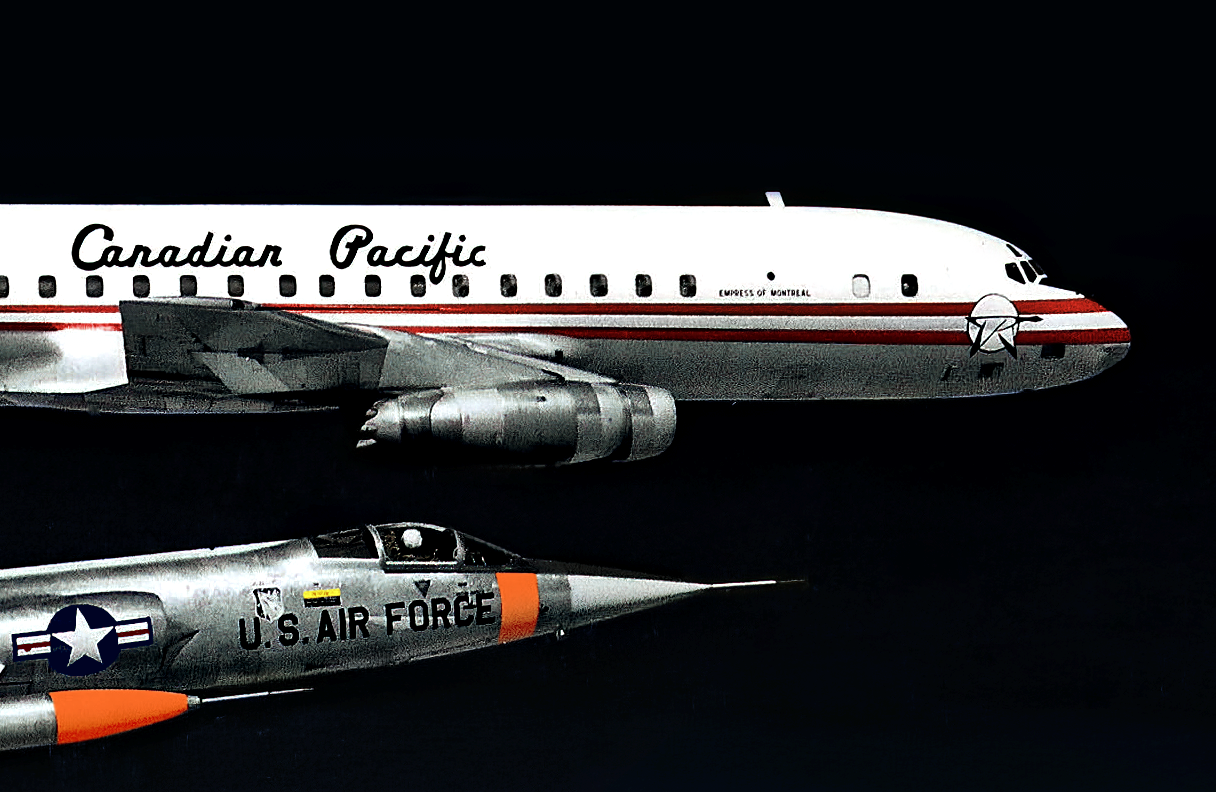Post-COVID fares will be fair, says airlines chief
06 September, 2021
4 min read


Passengers should expect some attractive fares from Asia-Pacific airlines as increasing vaccinations rates allow them to reintroduce international services.
That’s the prediction by Association of Asia-Pacific Airlines director general Subhas Menon, who dismisses some of the “silly fares” of up to $38,000 return to London quoted in July by some Australian media.
The reports raised the ire of Health Minister Greg Hunt, who warned airlines not to price gouge, but ultimately proved to be the product of a computer aberration.
Nonetheless, AirlineRatings has spoken to people who paid $A20,000 for a Perth-London business class fare and $A7000 for an economy ticket as airlines grappled with capacity constraints due to border restrictions.
READ: Abu Dhabi removes quarantine for vaccinated travelers.
Noting that fares are always a product of supply and demand, Menon said passenger caps in countries such as Australia had distorted the market and these fares should not be seen as sign of things to come.
“If you have a 200-seater aircraft and you can only bring 15 people on it, it’s not even going to cover your direct operating costs,’’ he told AirlineRatings.
“It’s not a very realistic situation to look to these fares as a guide to what it will be in the future.”
Instead, the former SilkAir chief executive believes, airlines will behave like start-ups once travel returns.
“And I don’t think any start-up strategy starts from the viewpoint of high prices,’ he said.
“If you want to get people traveling again naturally you will have to incentivize travel and get things going again.
“My take is the prices will be very attractive.”
The desire to stimulate travel was evident in Australia this week when Virgin Australia released more than a million domestic fares starting at $A49 one-way for travel between October 6 and June 23, 2022.
More widely, a recent survey of global airline executives found that many airlines were continuing to stimulate demand through competitive pricing and more than half of the respondents reported no change or a decrease in passenger yields, a measure of average fares.
The International Air Transport Association survey found that an increase in yields at some airlines could be partly attributed to a low base in 2020.
The view on the year ahead was similar with most respondents expecting average fares to be stable (37 percent) or predicting a fall (15 percent) due to tougher competition among airlines for the few travelers available in the market.
However, some 48 percent of executives expecting yields to rise as a slow travel recovery sees airlines adjust fares to an uptick in demand.
How big any uptick will be will depend on the size of that demand and how it compares to the supply of available seats.
A surge in summer travel demand in the US caused ticket prices to increase but not to the levels of 2019.
A price index from the Federal Reserve Bank of St Louis showed fares in July had increased by almost 21 percent since March but were still 9.2 percent below levels in July 2019, which were themselves the lowest in several years.
Menon believes the Asia-Pacific will also see a surge in demand, noting that the experience when markets have temporarily opened up shows people will have little reluctance when it comes to hopping on planes.
He pointed to the visiting friends and relatives (VFR) market as being particularly resilient because people need to travel to visit home, celebrate events and catch up with family and friends.
“This market is ready to travel and they will travel as soon as they are allowed to. That will be there and the pent-up demand, there is no question of it.
“When the Singapore-Hong Kong travel bubble was announced the first time, there was a huge surge in bookings and then with the second time, again there was a huge surge in bookings.
“So people are not looking at whether this is going to be aborted or not, they’re going to patronize the flights.
“And, of course, airlines have been extending their credit terms and are allowing people to carry forward their travel if they’re not able to travel at this time.
“That sort of thing will keep the interest and will be a big boost for demand.”
Get the latest news and updates straight to your inbox
No spam, no hassle, no fuss, just airline news direct to you.
By joining our newsletter, you agree to our Privacy Policy
Find us on social media
Comments
No comments yet, be the first to write one.

